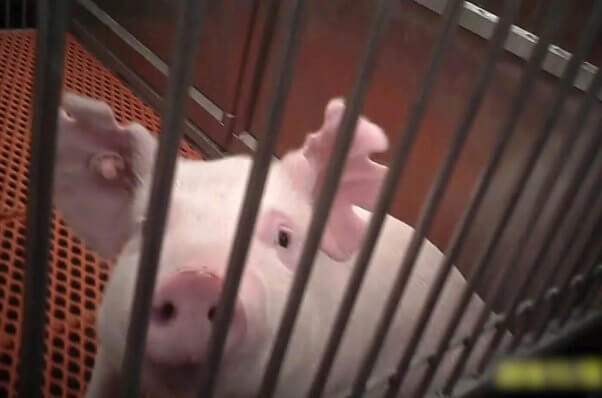Fourth Transplant Patient Dies, Proving Again That Pig Organs Are for Pigs, Not Humans
Update (July 10, 2024): The fourth patient to receive an organ transplant from a genetically altered pig has died, continuing the 100% failure rate of xenotransplantation—the surgical implantation of other animals’ organs into humans. All victims of these surgeries are now dead.
The process is a waste of humans’ and other species’ lives, a waste of money, and a waste of an opportunity to create a far kinder, simpler solution. Cleaning up the organ procurement system, which wastes as many as 28,000 organs annually, and enacting presumed consent laws would save humans’ and other animals’ lives and protect society from dangerous pathogens that can easily jump from one species to another.
Humans need organs. But in case this has escaped anyone’s attention, pigs and other animals also need theirs. They don’t belong to us.
Read more about the dangers and failures of xenotransplantation and take action to shut down the University of Alabama–Birmingham’s cruel transplantation laboratory.
Originally posted May 14, 2024:
According to reports, a 62-year-old man who received a kidney from a genetically altered pig at Massachusetts General Hospital in March has died. This latest death is another failure in a lost cause. How many more humans and other animals must die before everyone accepts that xenotransplantation is a dead end?

It’s too soon to know whether a virus was transmitted in this case, as happened in the recent transplant of a pig’s heart to a human, but we do know that xenotransplants have been a colossal failure for decades.
Cleaning up the organ procurement business, which wastes as many as 28,000 organs annually; enacting presumed consent laws; and implementing PETA scientists’ Research Modernization Deal, which offers a plan for phasing out the use of animals, would actually save human lives.
Pigs and other animals aren’t merely housing their organs until humans need them.
It’s worth thinking back to decades of failures, beginning with the doomed transplant of a heart from a baby baboon into a human infant, Baby Fae, in 1984 and remembering that we’re in an age when advances don’t depend on using other species as spare parts.
Read more about the dangers and failures of xenotransplantation and take action to shut down the University of Alabama–Birmingham’s cruel transplantation laboratory—where a whistleblower blew the lid off a litany of severe animal welfare atrocities—here.
If you’re a U.S. resident, ask your legislators to support our Research Modernization Deal, which maps out a strategy for replacing the use of animals in experiments with superior, human-relevant methods:

